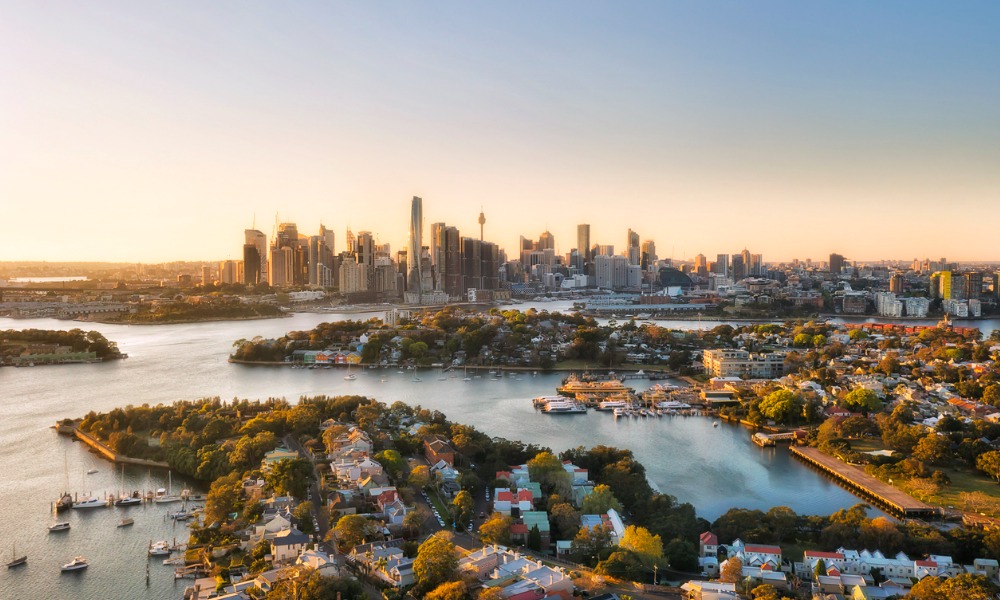Aussies face slowing growth as a tight election contest looms

As Australians prepare to vote on Saturday, the incoming government is expected to inherit a challenging economic landscape, with analysts saying the forces behind the country’s long period of growth are now faltering.
Rapid immigration, booming property prices and strong Chinese demand for commodities underpinned Australia’s “miracle economy” over the past three decades. However, these pillars are showing cracks, leaving Labor prime minister Anthony Albanese and opposition Liberal leader Peter Dutton offering starkly different plans to voters amid falling living standards.
On Monday, S&P Global Ratings warned that Australia’s AAA credit rating could be at risk if post-election promises lead to deeper deficits, growing debt, and higher interest payments. Analysts highlighted growing fiscal pressure ahead of the May 3 election.
The battle for government, a Bloomberg report indicated, will likely be decided in key electorates such as Bennelong in Sydney, where immigration has worsened housing pressures; the Hunter Valley, where coal communities are adjusting to an energy transition; and Kooyong in Melbourne, where independents are challenging major parties.
Polls point to a close contest, with analysts forecasting a minority government reliant on smaller parties and independents. Both Albanese and Dutton have positioned themselves as best equipped to manage any fallout from Donald Trump’s election and his “America First” trade policies.
According to James McIntyre of Bloomberg Economics, the next prime minister will face a “herculean task” to guide Australia onto a new growth path.
“A change of gears is needed if the ‘lucky country’ is going to keep enjoying the prosperity that many have come to expect,” he said. “That means tackling challenging reforms that previous governments have shirked for a generation.”
Challenger economist Jonathan Kearns said a minority government backed by Teals could produce centrist policy outcomes. Regardless of who wins, economists argue a significant policy reset is required to secure future prosperity.
“Australia should be an optimistic country, open to the world, globally competitive,” said former treasury secretary Ken Henry. “To secure that vision, we need an economic policy transformation. Kicking the policy reform can down the road simply won’t do it.”
Want to be regularly updated with mortgage news and features? Get exclusive interviews, breaking news, and industry events in your inbox – subscribe to our FREE daily newsletter. You can also follow us on Facebook, X (formerly Twitter), and LinkedIn.



